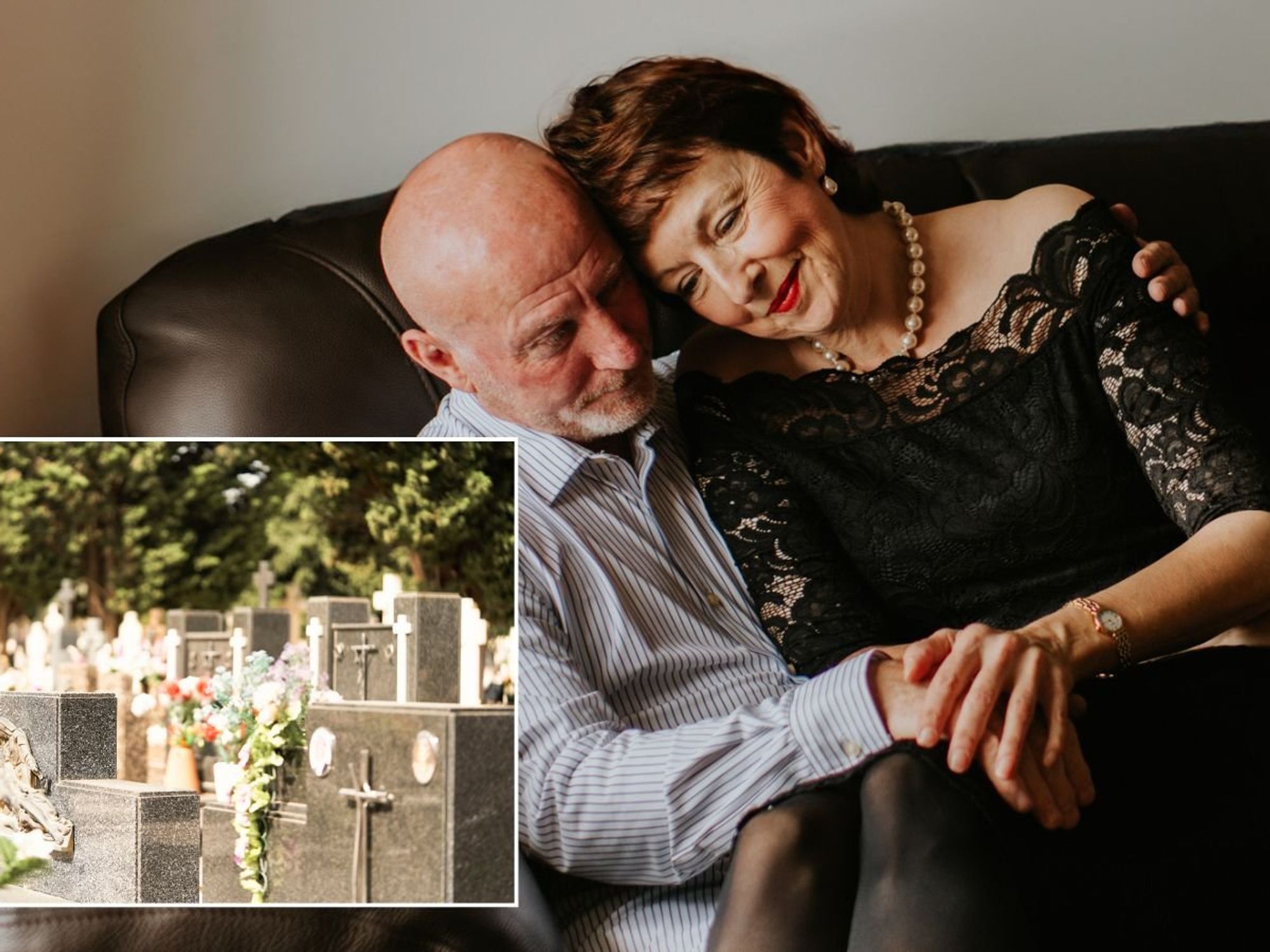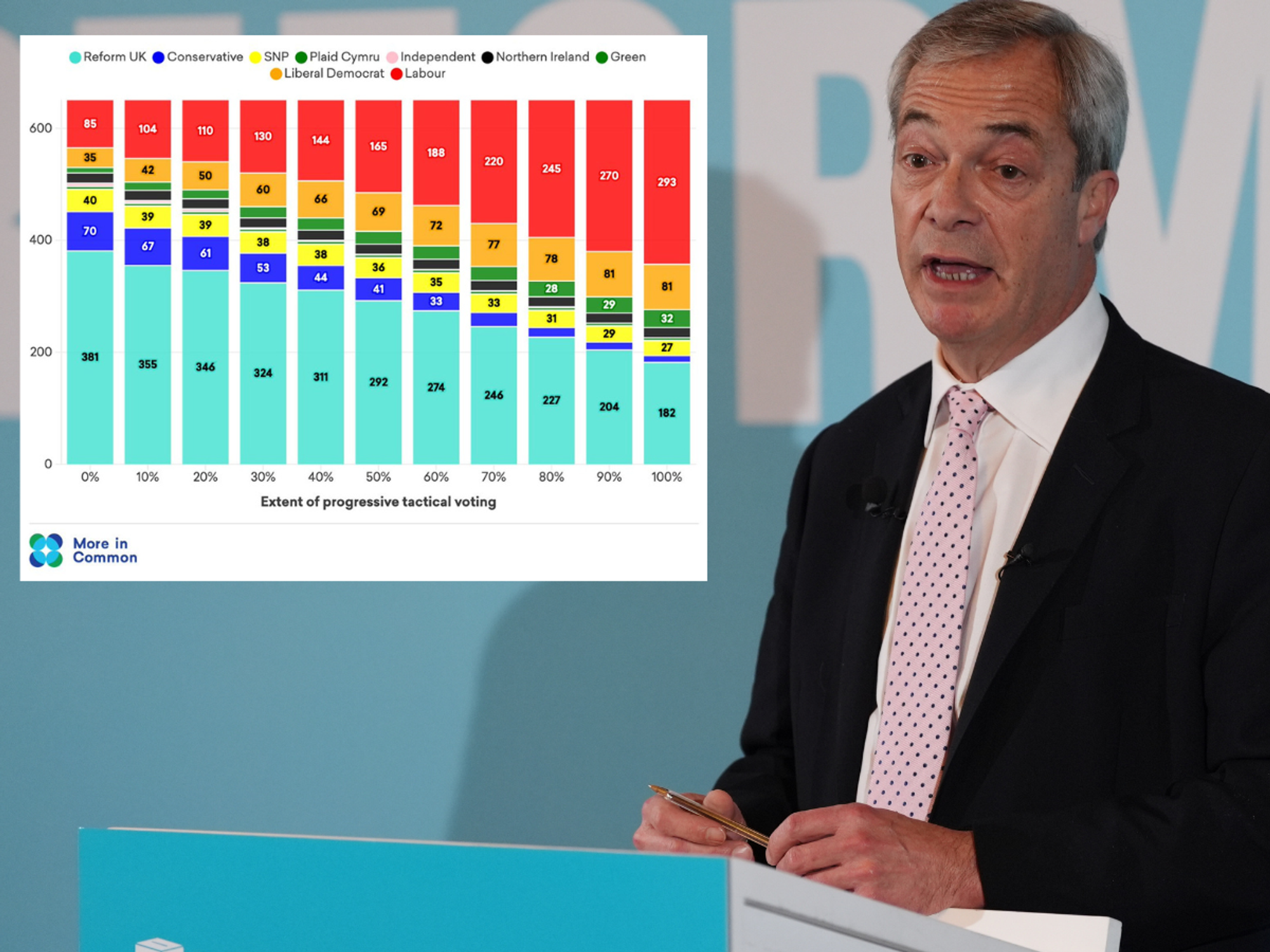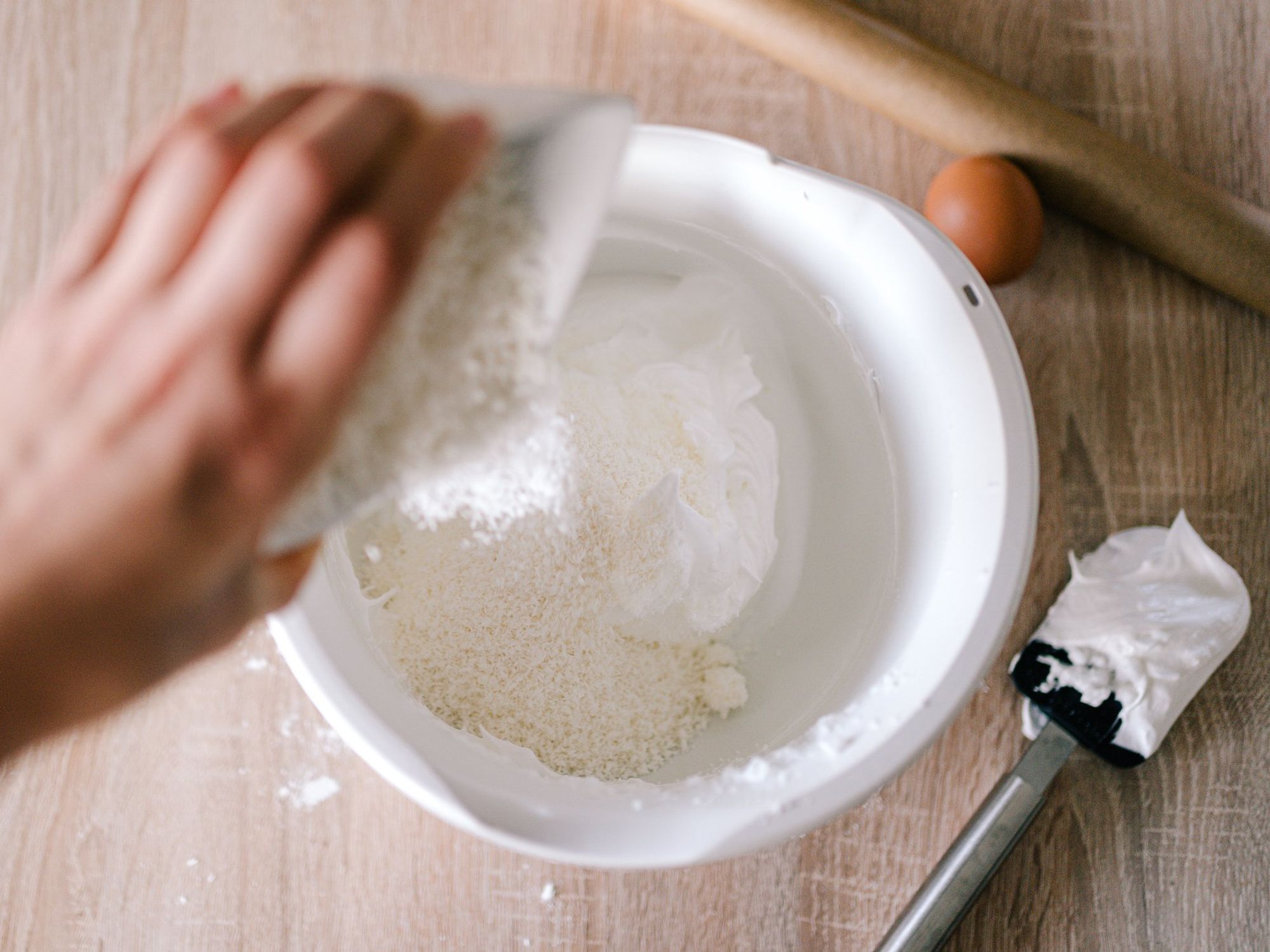Doctor Q&A: What is the best herb for lowering high blood sugar? Dr Renee Hoenderkamp answers your burning health questions

Celebrity NHS doctor Renée Hoenderkamp addresses GB News members' burning questions
|Doctor Renée Hoenderkamp

In this week's Q&A, celebrity NHS Doctor Renée Hoenderkamp weighs in on alternative medicines for reducing high blood sugar, the most effective strategies for grief and how to spot lung cancer simply by looking at your fingers
Don't Miss
Most Read
Latest
Ailments can turn serious if left untreated.
This is true for both physical and psychological afflictions.
Seeing your doctor is the first step to averting disaster later down the road.
This simple but salient point is echoed through the questions submitted to celebrity NHS Doctor Renée Hoenderkamp via health@gbnews.uk this week.
Our resident doc sheds light on alternative medicines for reducing high blood sugar, how to deal with grief and the signs of lung cancer on your fingers.
Last week, she revealed the best supplements for lowering high cholesterol levels, how soon you can exercise after spinal surgery and what losing your sense of smell can signify.
It's important to remember that the advice given below is general and not individual and you should always seek individualised health care from a doctor.
With those caveats aside, see below Doctor Hoenderkamp's answer's to GB News members' burning questions.
Hi Doctor Renée, I've been on metformin tablets for about a year now and they simply haven't brought down my blood sugar levels. Are there any herbal or even Ayurvedic medicines you would recommend? I am on a high dosage and keen to find an alternative. Would really appreciate your guidance
I am sorry to hear this. The first thing to understand when discussing metformin not working when it comes to bringing down blood sugar is the underlying process in the body that is causing blood sugar to rise.
Diabetes is a long-term condition, whereby a high level of glucose (sugar) is found in the blood. A hormone called insulin allows glucose to move from the blood into the body's cells. Insulin is made in the pancreas and diabetes occurs when the body doesn’t respond well or well enough to insulin or when there is not enough insulin coming from the pancreas to do the job well enough.
When you have type 2 diabetes, your body is resistant to insulin and so the treatments are aimed at ‘sensitising’ the body cells to that insulin and helping them deal with the blood sugar causing the problem. Unfortunately, if it isn’t possible to use lifestyle in the form of weight loss, exercise and diet, to supplement that process, over time, the cells will eventually lose their ability to do the job. Or the pancreas will stop producing insulin due to overworking as it tries hard to produce higher levels of insulin and reduce blood sugar. Usually, before reaching this point, your diabetic team will add in other medications that will help the pancreas produce more insulin and these include medications such as gliclazide, glimepiride, alogliptin, sitagliptin or pioglitazone. If these don’t work, then at this point, sadly no amount of medication will change the situation.
So I am afraid to say that when this point is reached, the only real solution is to move on to replacing the insulin that your body desperately needs. This is done via regular injections of insulin.
I completely understand that this is not a point you want to reach, so I would say that it is critical that you ask your team about other medications and if there is a role for them and address the lifestyle factors. It is always worth following the Michael Mosely eight-week blood sugar diet.
As you know, I am a great fan of treating most things with natural remedies and I have had a look at this for you, although I couch this with the following; persistently high blood sugar is damaging to the body in every way and much of that damage cannot be reversed. This can include the kidneys, heart, blood vessels and nerves and I would only try herbal remedies alongside the medications above until you start to see a reversal and can carefully titrate meds down with your doctor.
This systemic review talks about many herbs shown to have anti-diabetic activity by regulating insulin secretion and insulin sensitivity to improve blood sugar control. It discusses garlic, ginseng, cinnamon, olive, soybean, fenugreek, mango, holy basil to name but a few. I will leave the study for you to have a good read as it is long and detailed but please speak to your doctor about adding in some other meds before any damage is permanent. It is critical to be guided by your personal doctor's advice.
Hi Doctor Renee, my daughter recently passed away from Ohtahara syndrome - the worst form of epilepsy. The grief is eating away at me inside. I am hoping you can help. She put me in touch with online resources and prescribed me medication but neither have helped. Is there any form of counselling you'd recommend? My GP wants me to take tablets or talk on the phone but I am really keen to try a specialist form of therapy. I would be grateful for help.
Firstly let me say how heart-breaking your question is. As a mother, I cannot imagine what you are going through, burying a child is just not the correct order of things, so please accept my thoughts and best wishes.
In the first instance, what you are experiencing is completely normal, you have been through the most traumatic of events and the only thing in truth that will change how you deal with these normal, and to-be-expected feelings, is time and some bereavement help. You don’t say how long ago you lost your lovely daughter and this will play a role in what and how you approach things now. The recommendation is always to wait six weeks before attempting counselling in order to get over the understandable shock and be more ready for the discussion that will be part of any therapy.
In terms of what to do, I would always suggest specialist bereavement counselling and I usually signpost patients to some very good charities that work in the area and CRUSE is always a good starting point and they have a free helpline 0808 808 1677.
Sue Ryder also offers some very good advice specific to losing a child and can direct you to communities where you can discuss your loss in a safe and protected space.
I would say that anti-depressants are not the answer, you don’t have a chemical imbalance to be corrected by medication, you have a raw and understandable hole in your heart and you are bereft. This is to be expected and you need to be able to discuss it with people who understand and at some point do this with a trained counsellor, face to face, likely using CBT to help you deal with the thoughts which are consuming you. CBT is the best form of counselling for this.
I hope that this helps, and that you find a way through this unimaginable loss and that these resources help. In the meantime, if things ever look too bleak to carry on, please call the Samaritans, they are fabulous and always there.
Hello, this might be a weird question but when exactly is clubbed fingers a sign of lung cancer? I read that it's when the tips of the fingers enlarge and the nails become extremely curved from front to back. I recognise in mine this but just looking for reassurance more than anything as I don't have any other obvious signs. Thanks!
Let me start by explaining what ‘clubbing’ of the fingernails is!
Nail clubbing is a change in the appearance and structure of the nails, hand or toe, and can be due to an underlying health condition. The nails may change over time and this is the critical feature because nail clubbing to a lesser degree can be a normal variant and it is important to note when it has always been present as then it does not point to an underlying disease.
As clubbed fingers develop they can become enlarged, swollen and spongy at the tips. These changes gradually straighten the natural dip where the finger meets the nail bed and then create a noticeable convex dip and hyperextension at the end finger joint. The inflammation at the fingertips can make them feel warm and appear enlarged and red.
Although clubbing can be normal if always present, its development can indicate an underlying disease and these can include those that fall into four areas: infectious, inflammatory, cancer and vascular disease.
To give a few examples as there are too many to list, clubbing can develop in:
- Lung cancer
- Lung infection (abscess, empyema)
- Cystic fibrosis
- Sarcoidosis
- Pulmonary fibrosis
- Asbestosis
- Ulcerative colitis
- Infective endocarditis
In relation to your specific question, you almost answered it yourself: you don’t have any other symptoms. There are usually other symptoms of lung disease that is severe enough to cause clubbing, you could have some or all of the following:
- Difficulty breathing (wheezing/shortness of breath not caused by exercise alone)
- Chronic cough
- Chest pain, especially that which increases when breathing in and out
- Excessive mucus production
- Coughing up blood
However, I will couch this the recommendation that you show your GP your nails and discuss your fears as a few very quick tests could put your mind at risk and ensure that there isn’t an underlying cause (a chest X-ray is a good start).










